Exploring the World’s Most Famous Events
Introduction: The annals of human history are woven with the threads of remarkable events that have shaped the course of civilizations, defined cultures, and left an indelible mark on the collective consciousness of humanity. In this exploration, we will delve into some of the world’s most famous events, spanning diverse epochs and continents, each contributing to the rich tapestry of our shared past.
The Battle of Marathon (490 BCE):
In the ancient Greek city-state of Athens, a pivotal moment unfolded on the plains of Marathon in 490 BCE. The Battle of Marathon, fought between the Athenians and the Persians, showcased the tenacity and strategic brilliance of the Greek forces, marking a turning point in the Greco-Persian Wars. The Athenians’ victory not only preserved their city-state’s independence but also set the stage for the later emergence of classical Greek culture.
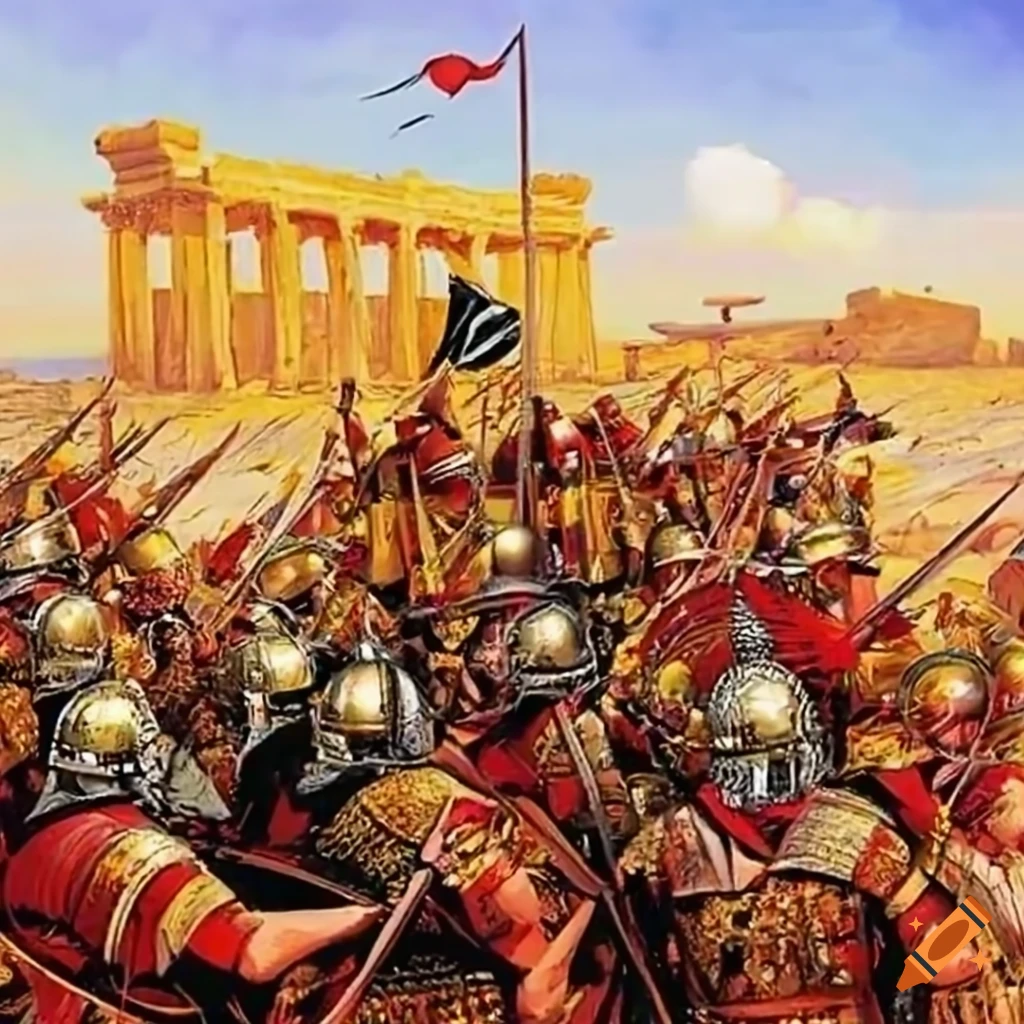
The Renaissance (14th-17th centuries):
The Renaissance, meaning “rebirth,” was a transformative period that swept across Europe, sparking a revival of art, literature, and learning. Emerging in Italy in the 14th century, this cultural movement expanded to encompass the entire continent. The works of iconic figures like Leonardo da Vinci, Michelangelo, and William Shakespeare are enduring legacies of the Renaissance, contributing to the elevation of human creativity and knowledge.
The Industrial Revolution (18th-19th centuries):
The Industrial Revolution heralded a profound shift in human societies, transitioning from agrarian economies to industrialized ones. Originating in Britain during the 18th century, this era witnessed the mechanization of production processes, the rise of factories, and the advent of steam-powered machinery. The Industrial Revolution had far-reaching consequences, transforming societal structures, economies, and the global landscape.
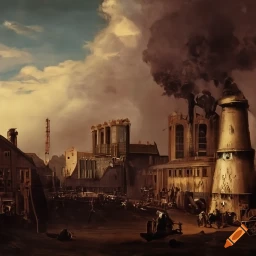
The Great Depression (1929-1939):
The Great Depression, spanning from 1929 to the late 1930s, remains one of the most challenging periods in modern history, casting a dark shadow over economies and societies worldwide. Triggered by the collapse of the U.S. stock market in 1929, the repercussions of this economic catastrophe reverberated globally, leading to widespread unemployment, poverty, and social upheaval.
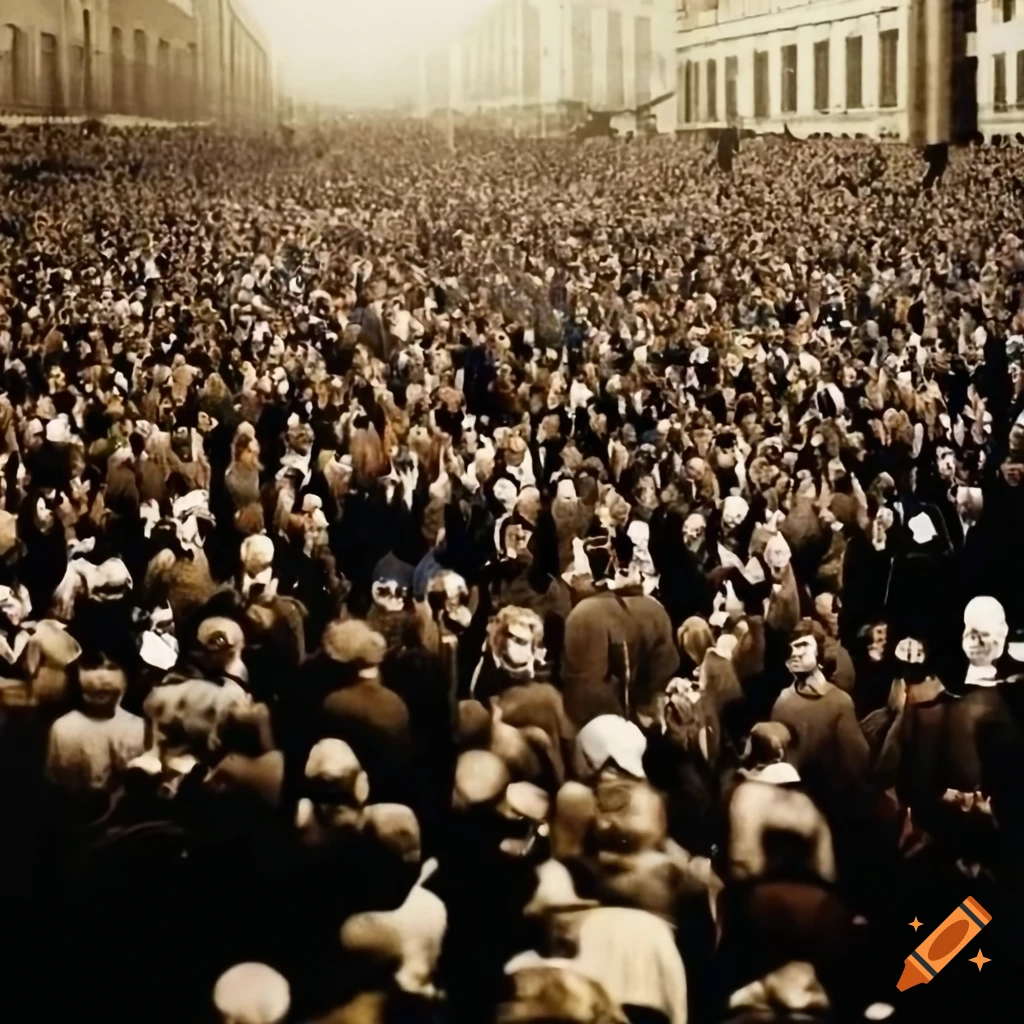
World War II (1939-1945):
The 20th century bore witness to one of the most catastrophic and globally significant events – World War II. A conflict of unprecedented scale, it involved nations from nearly every corner of the globe. The war’s impact was profound, leading to the loss of millions of lives, the rise and fall of regimes, and the emergence of the United States and the Soviet Union as superpowers in the post-war era.
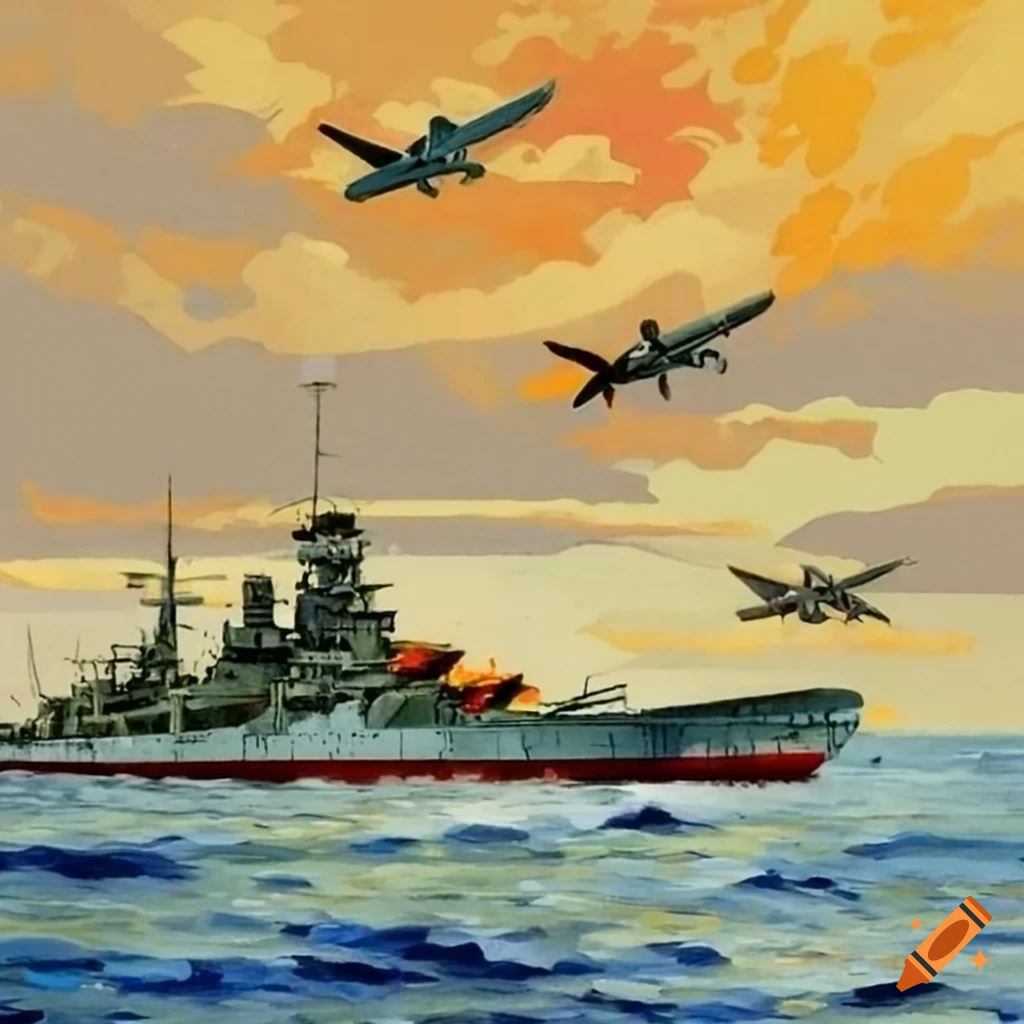
The Holocaust (1941-1945):
The Holocaust, occurring during World War II from 1941 to 1945, remains one of the most horrific and morally reprehensible events in the annals of human history. Orchestrated by Adolf Hitler’s Nazi regime, the Holocaust was a systematic genocide that targeted millions of innocent people, primarily Jews, as well as other marginalized groups, leading to unimaginable suffering, death, and a profound impact on the world’s collective consciousness.

The Apollo 11 Moon Landing (1969):
In a historic feat of human achievement, NASA’s Apollo 11 mission successfully landed astronauts Neil Armstrong and Buzz Aldrin on the Moon on July 20, 1969. This momentous event marked the culmination of the space race between the United States and the Soviet Union and remains a symbol of humanity’s ability to overcome seemingly insurmountable challenges.
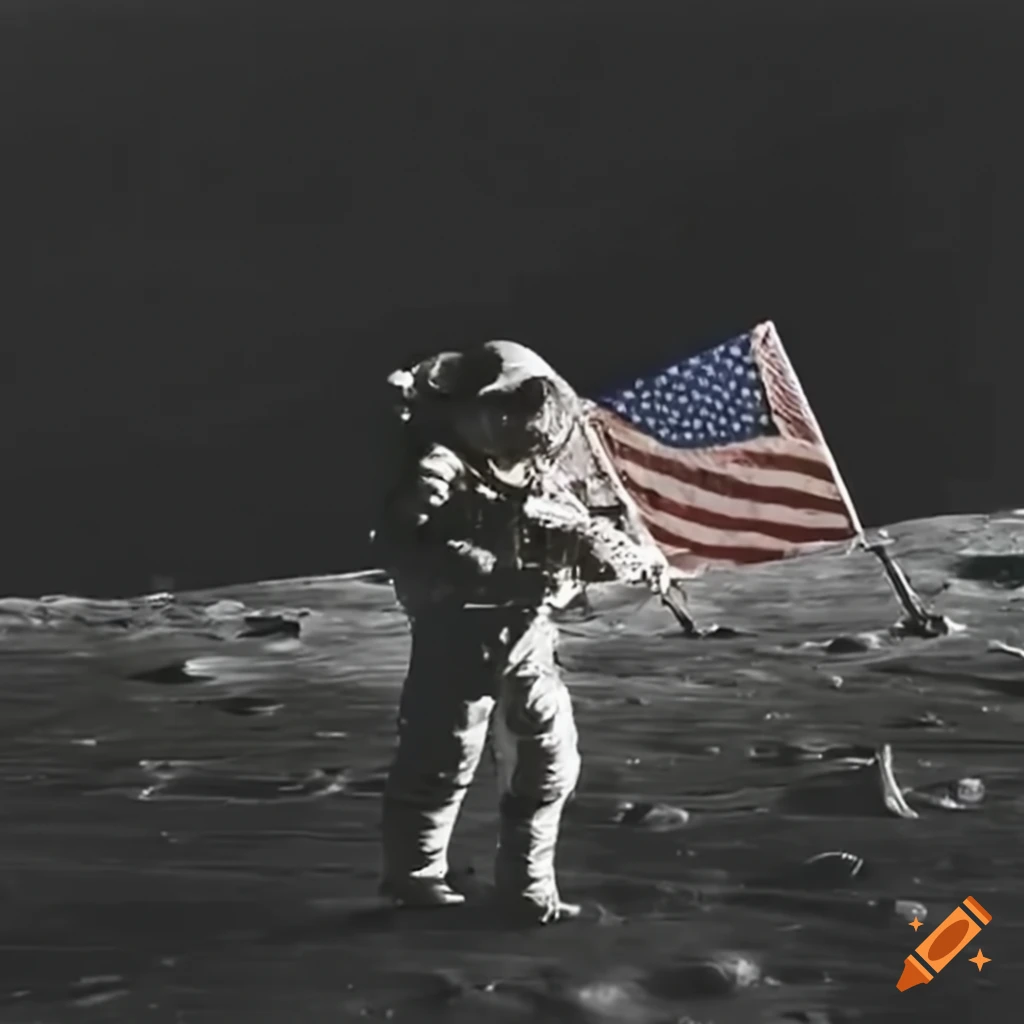
The Fall of the Berlin Wall (1989):
The Fall of the Berlin Wall in 1989 marked a monumental moment in modern history, symbolizing the end of an era of division and the dawn of a new era of unity and hope. The wall, which had stood as a physical and ideological barrier separating East and West Berlin for nearly three decades, was a potent symbol of the Cold War and the division of Europe.
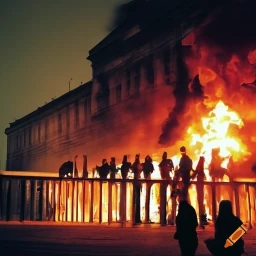
The COVID-19 Pandemic (2019-2022):
The COVID-19 pandemic, a global health crisis that emerged in 2019, has reshaped the world in unprecedented ways. The rapid spread of the novel coronavirus prompted nations to implement lockdowns, social distancing measures, and mass vaccination campaigns. The pandemic exposed vulnerabilities in healthcare systems, disrupted economies, and altered daily life. It compelled rapid scientific collaboration, leading to the development of vaccines in record time. The resilience of communities and the tireless efforts of healthcare professionals underscored humanity’s ability to adapt in the face of adversity. As we navigate the ongoing challenges, the pandemic serves as a catalyst for global reflection and renewed appreciation for public health.

Conclusion:
These events, spanning centuries and continents, have shaped the course of human history, leaving an indelible imprint on the collective memory of our species. As we reflect on these milestones, we gain insights into the resilience, creativity, and capacity for change that define the human experience. The world’s most famous events continue to inspire and inform our present, serving as guideposts for the future.

